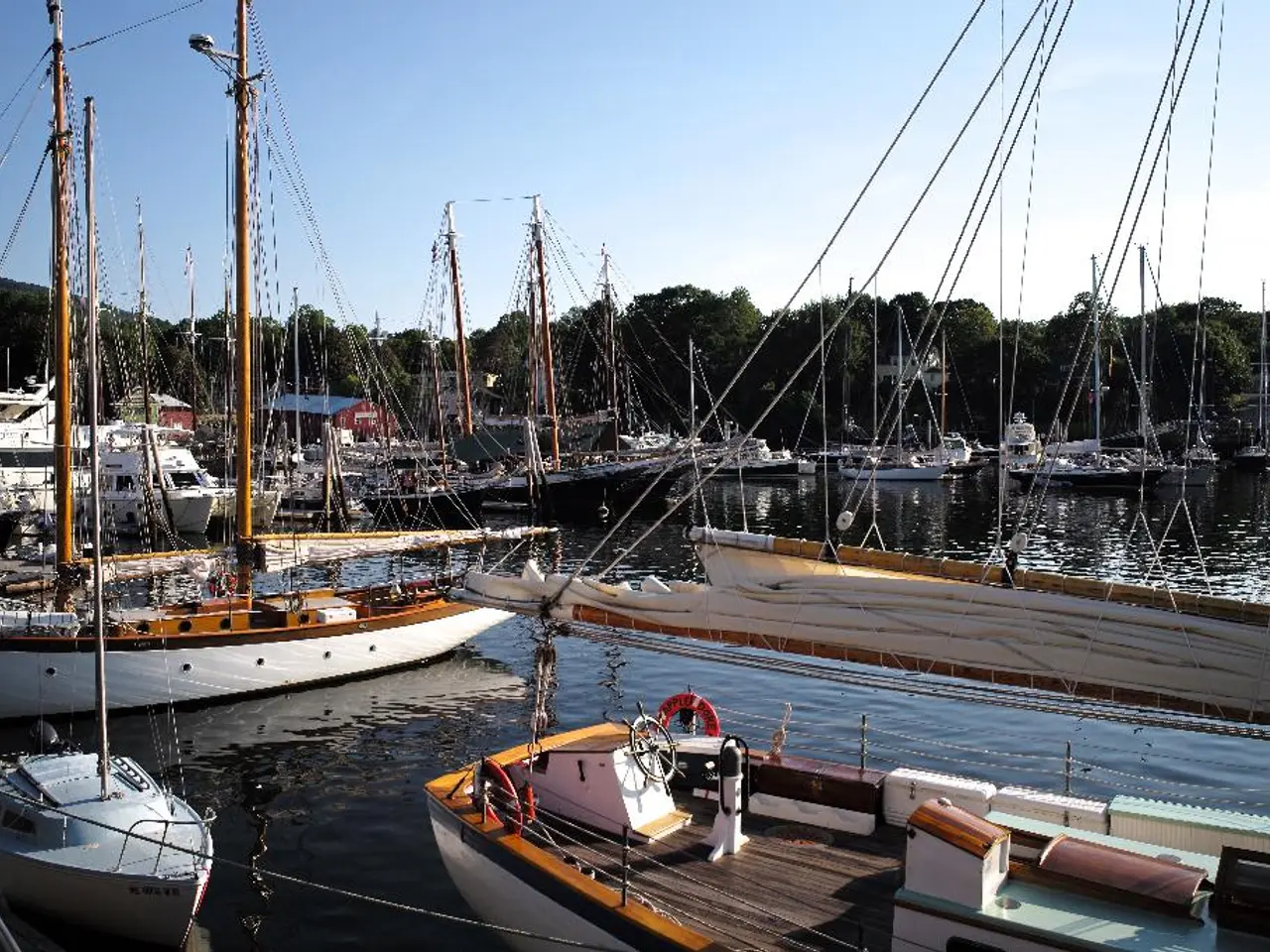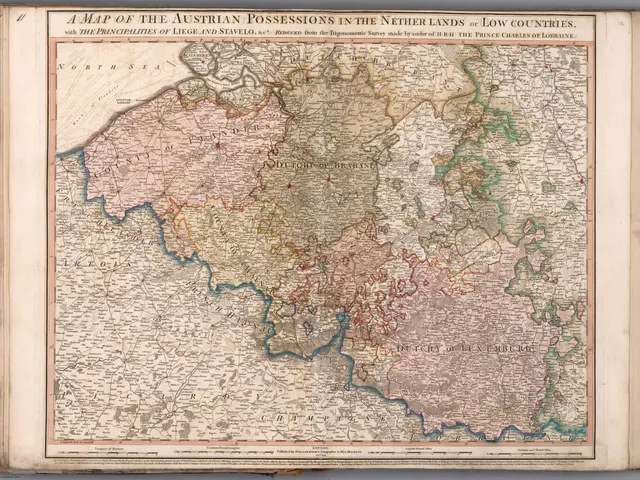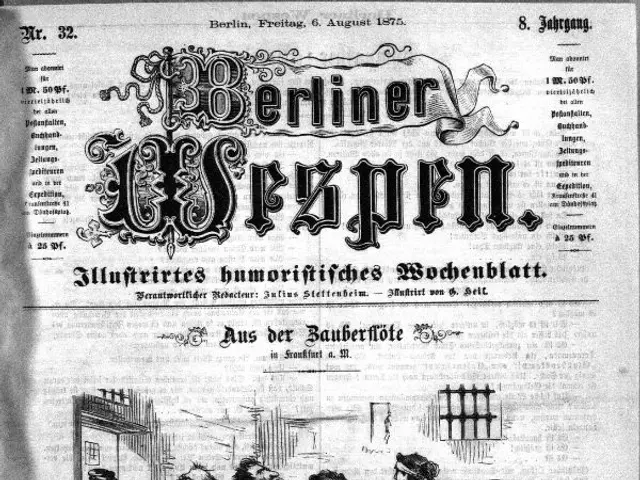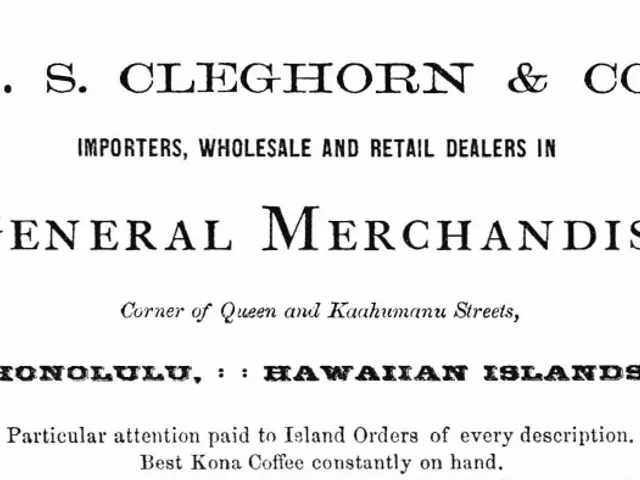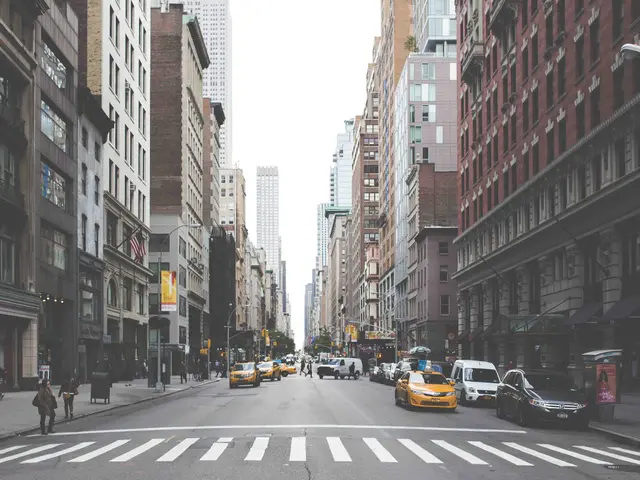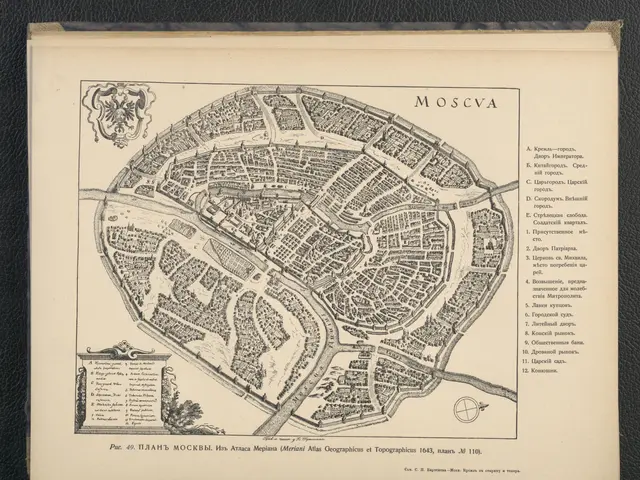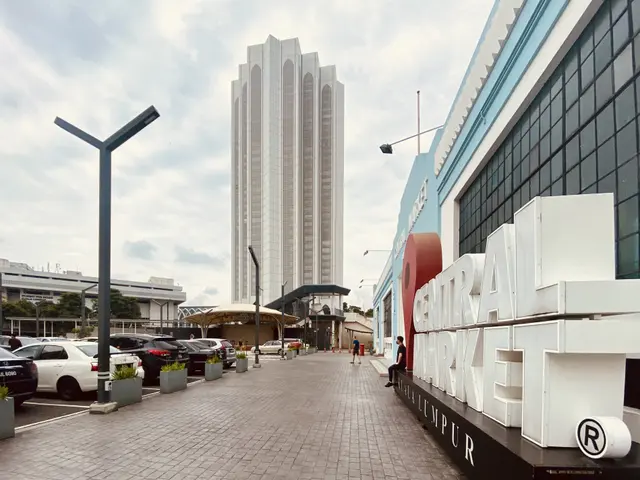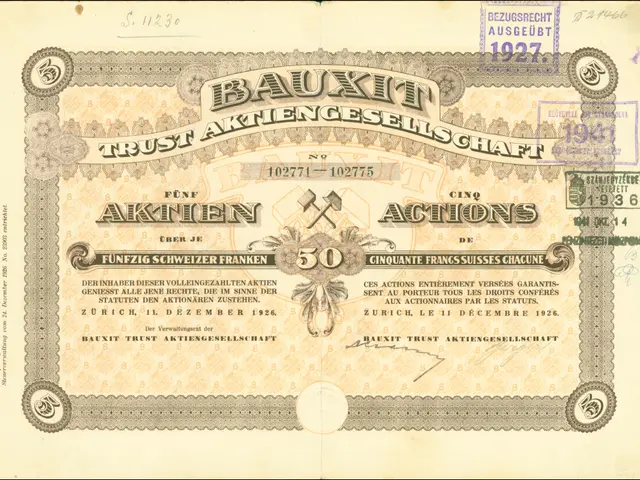China's Qingdao Port Tightens Restrictions on Sanctioned Crude Oil Tankers
Chinese ports are tightening restrictions on tankers carrying sanctioned crude oil. The move comes as Beijing's reliance on Iranian, Russian, and Venezuelan oil has significantly increased, with a substantial portion transported by older or re-registered 'shadow' ships.
Starting November 1, Qingdao port, which handles around 16% of China's crude oil imports, will implement new rules. These include banning ships older than 31 years, those with falsified IMO numbers, and those with a history of environmental issues or accidents. This follows a points system where tankers scoring below 55 out of 100 are deemed high-risk and denied access.
The share of sanctioned oil in Chinese imports nearly doubled between 2019 and 2024, reaching 27%. Chinese operators, including COSCO Shipping and China Merchants Group, have announced restrictions targeting 'shadow fleet' tankers delivering sanctioned crude. Despite being the largest buyer of Iranian oil, China has defended its purchases, but port operators appear to be feeling the pressure of secondary sanctions.
The new restrictions at Qingdao port aim to curb the use of older and potentially unsafe ships for transporting sanctioned crude. As the share of sanctioned oil in Chinese imports continues to rise, the impact of these measures on China's energy supply and its relations with sanctioned countries remains to be seen.
